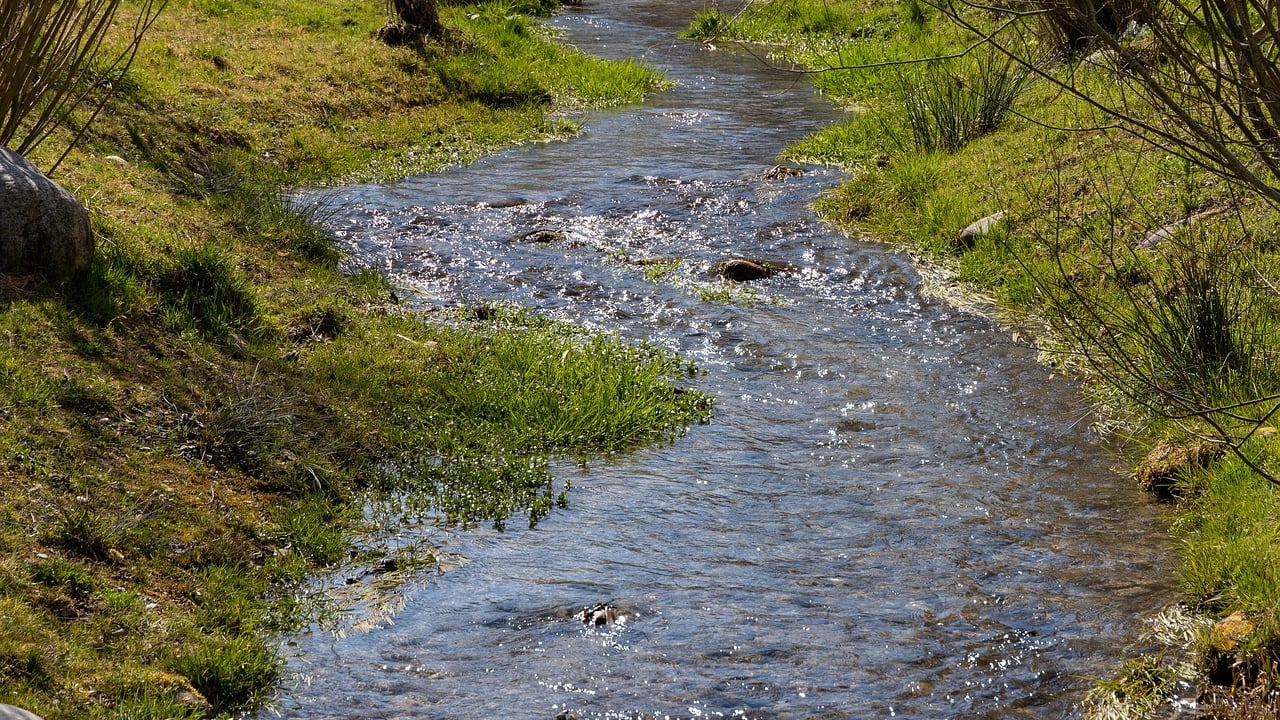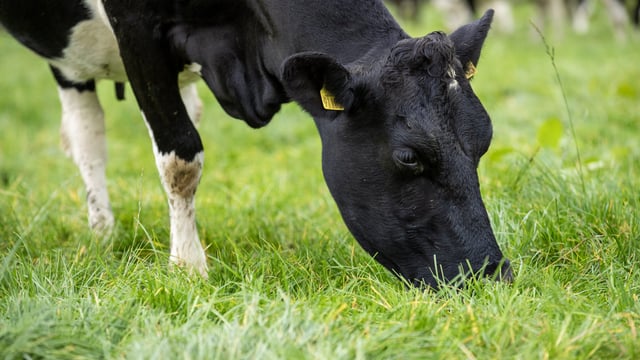Bord Bia quality assurance schemes must include focus on 'water quality' - DII
Dairy Industry Ireland (DII) wants the government to back a 10-point action plan which it believes could "secure" the European Commission's approval for Ireland's nitrates derogation.
The top priority in the action plan is a request for the Taoiseach to chair a cabinet sub-committee that would co-ordinate the key government departments tasked with securing the derogation.
It also sets out that there must be a "clear focus on water quality improvement" within the requirements of the Bord Bia quality assurance schemes for all sectors.
DII presented details of its 10-point plan to the Oireachtas Joint Committee on Agriculture, Food and the Marine as it met this evening (Wednesday, May 29) to resume discussions on the implications for Ireland of compliance with the Nitrates Directive.
Ireland’s current derogation is due to expire on January 1, 2026, and the derogation limit has already reduced from 250kg to 220kg per hectare from January 1 of this year in certain areas.
DII, which is the IBEC association that represents Ireland's primary and secondary dairy processors, told the committee that it wanted to "take ownership" of the derogation issue and bring a "solutions-based approach" working with partners across the State
Representatives from DII, Meat Industry Ireland and co-op's Dairygold, Kerry and Tirlan gave evidence to the committee this evening and highlighted the potential fallout to the sector if there were any changes to the nitrates derogation.
Conor Mulvihill, DII director, said: "There is a real concern within industry that government has not yet allocated the necessary resources to address this critically important issue.
"Unless we collectively work to an agreed action plan to improve water quality, across all sectors and thereby preserve the derogation, our capacity as an industry to remain efficient and competitive internationally will be fatally undermined and damaging to the Irish economy."
Mulvihill also set out for the committee the key elements of DII's 10-point action plan and what it contains:
- A request that the Taoiseach chair a cabinet sub-committee comprised of the government departments who will be tasked to secure the nitrates derogation;
- A call for a clear government led strategy to be built around a national ‘Farming for Water’ movement;
- As part of ‘Farming for Water,’ every farmer should be supported to develop a nutrient use score;
- An appeal for closed periods for the application of organic manures to land to be respected by all farmers and that chemical nitrogen allowances should be reviewed in line with the Water Quality Working Group (WQWG) recommendations;
- A commitment that industry will finalise an independent economic impact assessment on the effect of changes to the nitrates derogation, identifying potential future scenarios of a stepped reduction;
- A call for a clear focus on water quality improvement within the requirements of the Bord Bia quality assurance schemes for all sectors and an alignment of the AgNav for support recording and credit for improvements at farm level;
- Further funding for water improvement and also that the Future Ireland Fund should be mobilised immediately to underpin the government's ‘Farming for Water’ strategy;
- Enhanced levels of intensive engagement with farmers on the ground by Teagasc, LawPro, industry and private advisory services with funding allocated to this and Teagasc taking a lead on it;
- A national nutrient storage programme is required with attractive rates of grant support to de-risk investment;
- A targeted national ‘Farming for Water’ communications campaign, built on a clear and focused action plan.
According to DII the potential impact of further adjustment to Ireland's nitrates derogation may "not only be economic".
It issued a stark warning to the Oireachtas Joint Committee on Agriculture, Food and the Marine that there would also be social and environmental impacts.





